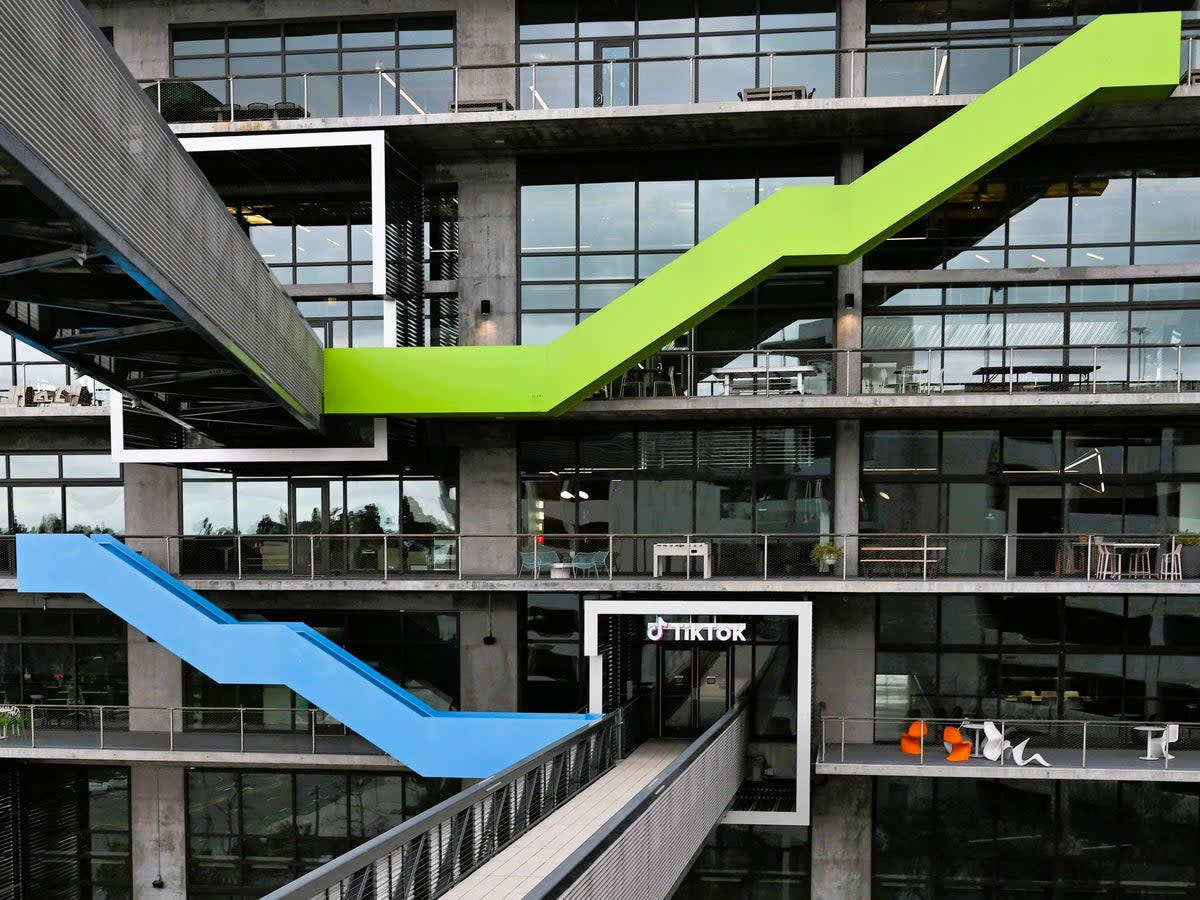TikTok ban in numbers: Charting the controversial rise of the world’s most popular app

Less than six years after launching in the US, TikTok is now facing a reckoning. After amassing more than 150 million users in the country, lawmakers are now making moves to roll out a complete ban.
The biggest ever Chinese tech success in the US is accused of mishandling user data and holding too much influence over Americans, with Montana becoming the first state to sign a bill into law to make it illegal for TikTok to operate there from January 2024.
Fears around national security have been countered with questions about censorship, with the Electronic Frontier Foundation describing the prospect of a ban as a “seed of genuine security concern wrapped in a thick layer of censorship”.
The US digital liberties group has called on people to “resist a governmental power to ban a popular means of communication and expression”, while the FBI claims Chinese state ties to parent company ByteDance could allow the app to “manipulate content” in order to spread harmful propaganda.
The US is not the first major market to consider a total ban of the social media platform, with India issuing a complete TikTok ban in 2020. Other countries and areas, including the EU, have put partial bans in place.
Various federal and state TikTok bans are already in place in the US, banning government workers and military personnel from using the app on official devices.
This has done little to stem its growth in the US, with TikTok proving to be the most popular app both in America and globally last year with 672 million total downloads.
This has helped bring the total number of TikTok users around the world to above 1.5 billion, with only India’s ban nearly three years ago slightly slowing its growth – but only temporarily.

Despite the warnings surrounding TikTok, the app is viewed positively by the majority of young users, which may cause the Biden administration to hesitate on ordering an outright ban given younger demographics typically skew towards voting Democrat.
TikTok CEO Shou Zi Chew defended the app and its intentions when he appeared before Congress earlier this year.
The former Facebook intern downplayed ties to the Chinese government while trying to convince members of Congress that the app is safe for US users and poses no threat to national security.
After Montana signed a TikTok ban into law on 17 May, 2023, a TikTok spokesperson said that the company would “work to defend the rights of our users” in all regions.

